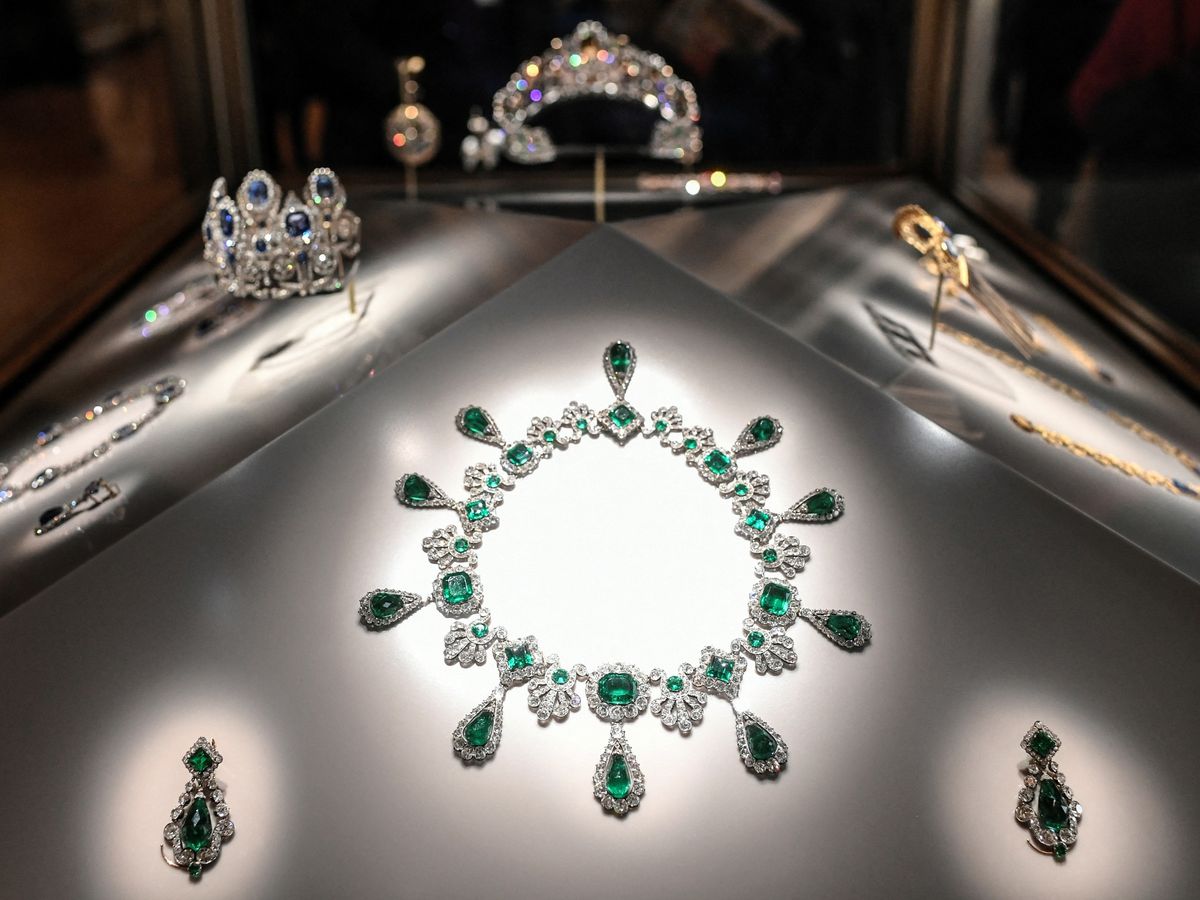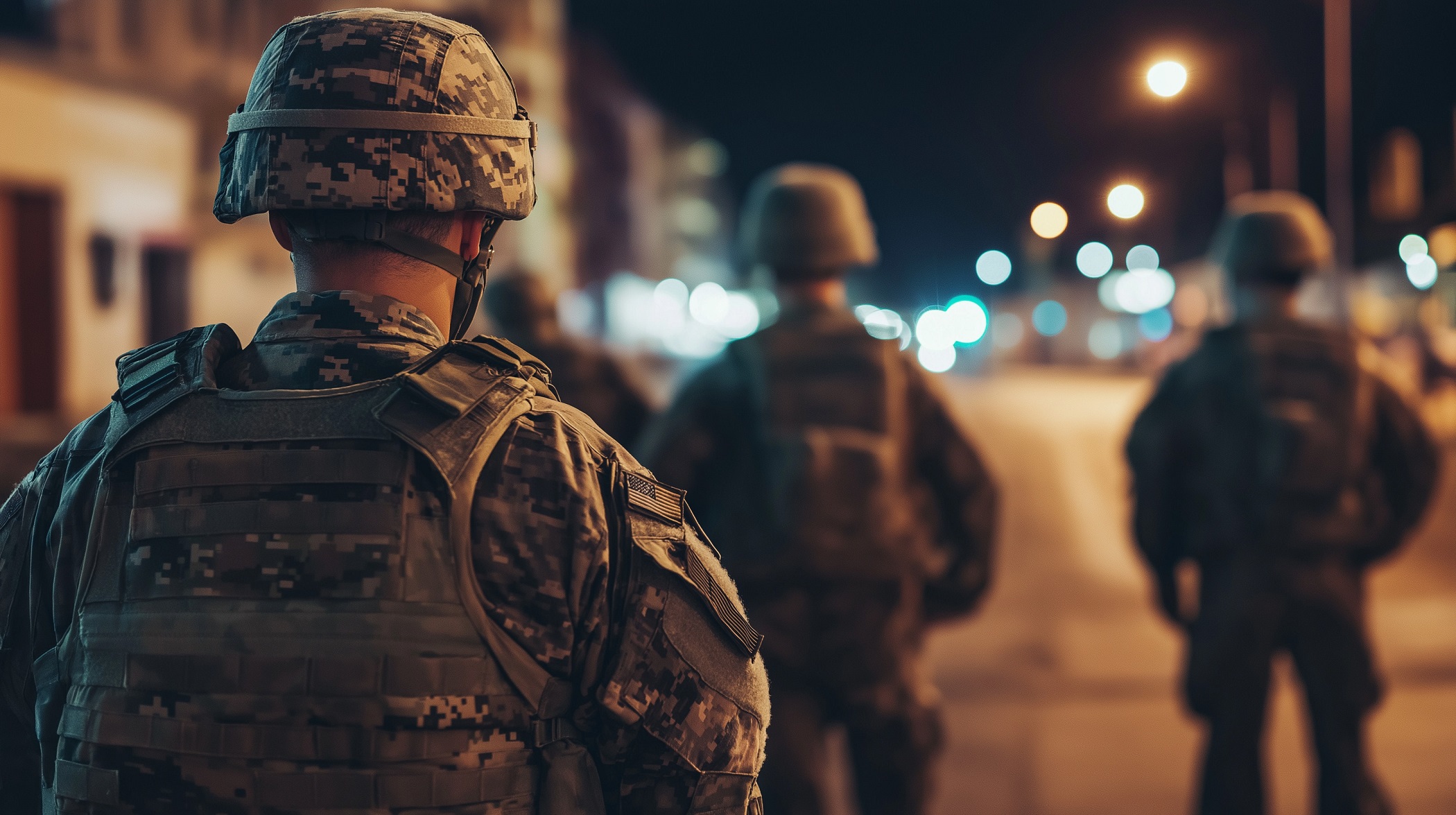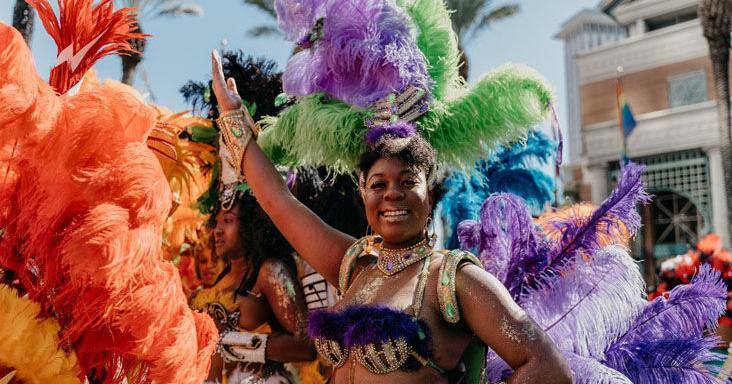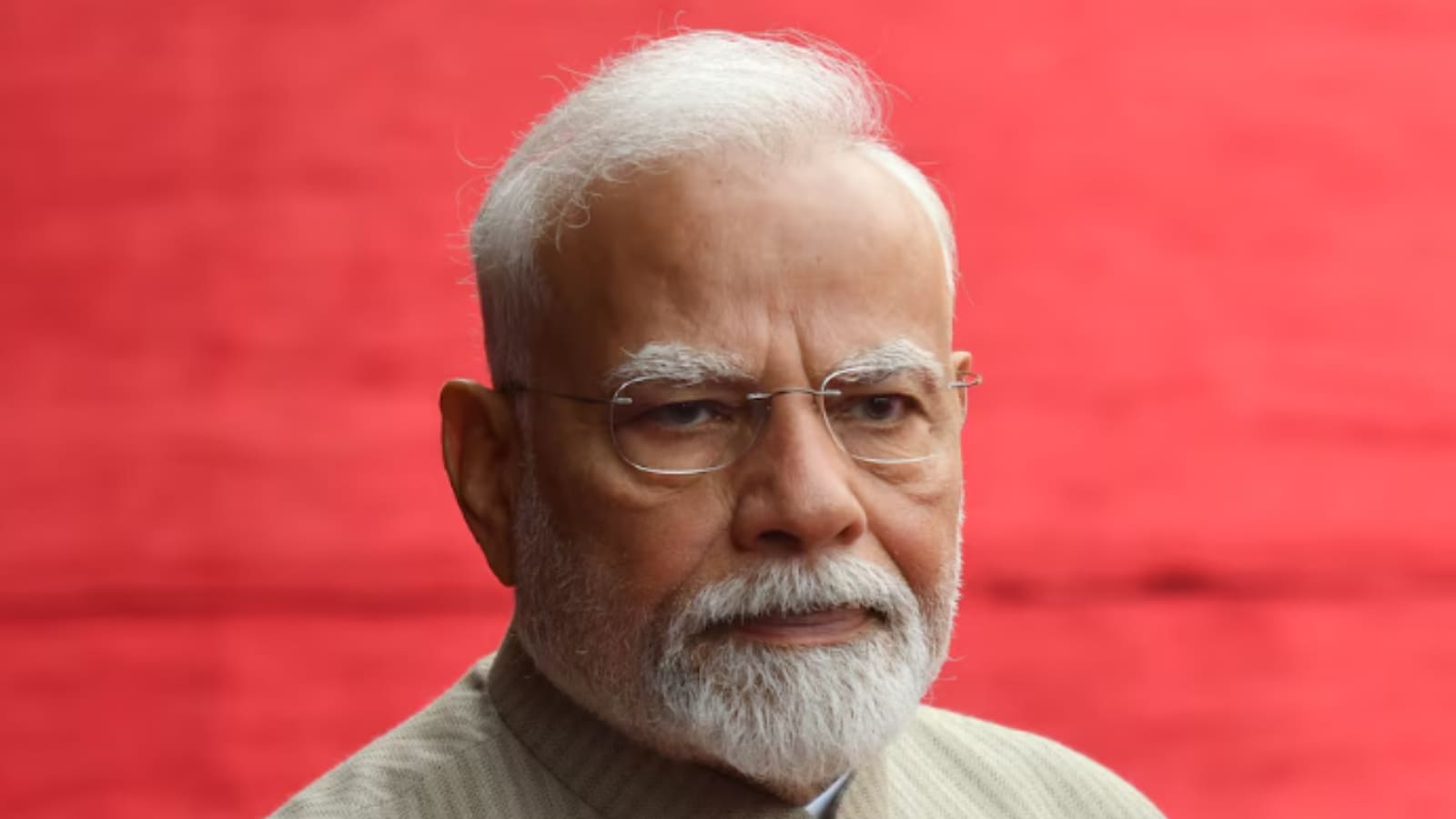Copyright evoke
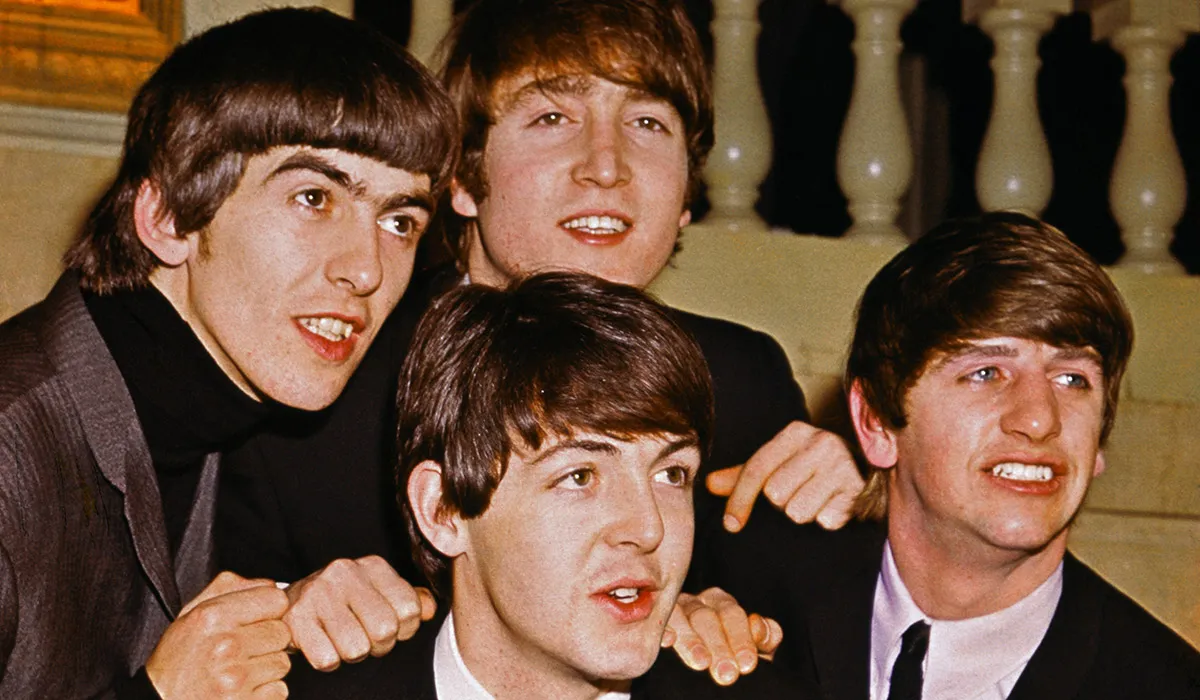
The Beatles are arguably the greatest British band of all time, yet their Irish ties are often overlooked - despite the heritage of all four tracing back to the Emerald Isle. Each of the band members' stories will be told through a series of four biopic films directed by Sam Mendes - based on each Beatle's life - officially titled The Beatles - A FourFilm Cinematic Event. Their own stories and that of the band's journey will be told in the films, all to be released in April 2028, with a heavily Irish-influenced cast including Paul Mescal (Paul McCartney), Barry Keoghan (Ringo Starr), and Saoirse Ronan (Linda McCartney). They star alongside Harris Dickinson (John Lennon) and Joseph Quinn (George Harrison). Steven Cockcroft - who co-presents Irish-made Nothing Is Real - A Beatles Podcast alongside Jason Carty - said The Beatles are all part of Liverpool's rich Irish heritage, and he believes this is deliberately reflected by the cast chosen. The Beatles' links to Ireland stem from the massive Irish diaspora in Liverpool. An estimated 75 per cent of Liverpool's population now has some Irish ancestry, following a mass migration during and after the Famine in the mid-1800s. Mr Cockcroft told the Irish Mail on Sunday: 'It is difficult to overstate the importance of Irish culture in Liverpool, particularly in the early 1960s and late 1950s - and the impact that would have had on all four of the Beatles.' Each of them has Irish roots, albeit at staggered levels - with Starr holding the faintest of the ties, with a family line supposedly tracing back to Co. Mayo. Lennon's great-grandmother was born in Omagh, Co. Tyrone, while McCartney's maternal grandfather, Owen Mahon, was born in Co. Monaghan, says Mr Cockcroft. The podcast presenter said Lennon was 'quite conscious of his Irish ancestry'. Lennon said in a 1971 interview: 'I am a quarter Irish or half Irish or something... I told Yoko that's where we are going to retire and I took her to Ireland. I was completely involved in Ireland.' McCartney also repeatedly nodded to his mother's Irish heritage and visited the country regularly; he married his ex-wife Heather Mills in Ireland and performed there regularly. According to Mr Cockcroft, Harrison 'is the most Irish of all the Beatles' - with roots tracing back to the ownership of property in Wexford 'before Oliver Cromwell turned up'. He still has family who live in Drumcondra in Dublin, whom he visited before he died in 2001. The Beatles' Irish links were explored in their first film, A Hard Day's Night (right), as writer Alan Owen travelled with the band to Ireland to source material. This funnelled into Paul's grandfather being cast as Irish, who 'just lapses into completely Irish vernacular and at one point breaks into a chorus of the Republican theme, A Nation Once Again'. Mr Cockcroft added: 'You have got this most British of bands on - their first film. There is Irish unification suddenly, and British audiences are faced with the person playing Paul's grandfather singing A Nation Once Again, although it probably didn't land or mean anything to them.' Harrison's links were so strong he brought his mother with him on the tour to visit Irish relatives. Yet, it was Lennon and McCartney who made - and literally voiced - their connections and opinions the strongest, most notably with songs in response to Bloody Sunday. McCartney wrote Give Ireland Back To The Irish, a debut single for his band Wings, while Lennon wrote a more 'politically charged and visceral song called Sunday Bloody Sunday'. Mr Cockcroft continued: 'McCartney's song is quite polite; the opening is "Great Britain, you are tremendous". Whereas Lennon wrote a vicious attack on the British government, on the Protestants living in the North, and on the Stormont government. Talking about internment, concentration camps and waving bloody Union Jacks.' McCartney's Give Ireland Back To The Irish was released almost immediately after Bloody Sunday on January 30, 1972, while Lennon's was delayed due to disagreements over publishing agreements - Lennon named wife Yoko Ono as the song's writer to bypass rulings. Lennon further showed his affinity after he bought a 19-acre island, Dorinish, off the Mayo coast for £1,700 in 1967. Despite only visiting twice before his death in 1980, Lennon and Ono treated the island as the place where they would spend their last days. Answering a question during a Rolling Stone interview on what he'd like to be doing at 64, Lennon said: 'I hope we are a nice old couple living off the coast of Ireland.' After Lennon's death, Yoko Ono sold the island and donated the money to a local charity. The Beatles also famously played two shows in Dublin on November 8, 1963 in the then-Adelphi Cinema - but never returned before they stopped touring in 1966. on the same day. Mr Cockcroft said: 'There was the first crowd who didn't want to leave, while the second crowd wanted to get in. 'The band had to be put into the back of a newspaper van just to get them across O'Connell Street.' Their allegiance to the nation was clear upon the tarmac of Dublin Airport, with Lennon's statement to reporters: 'We are Irish.' Mr Cockcroft added: 'Paul says, 'I think we've all got a bit of Irish." John says, "Yes, we have an Irish background." And George says, "I've hundreds of cousins [here]."' Although McCartney was talking about the Beatles, Mr Cockcroft said: 'He could equally well have been referring to Liverpool, colloquially known, particularly then, as the capital of Ireland following the famine.
